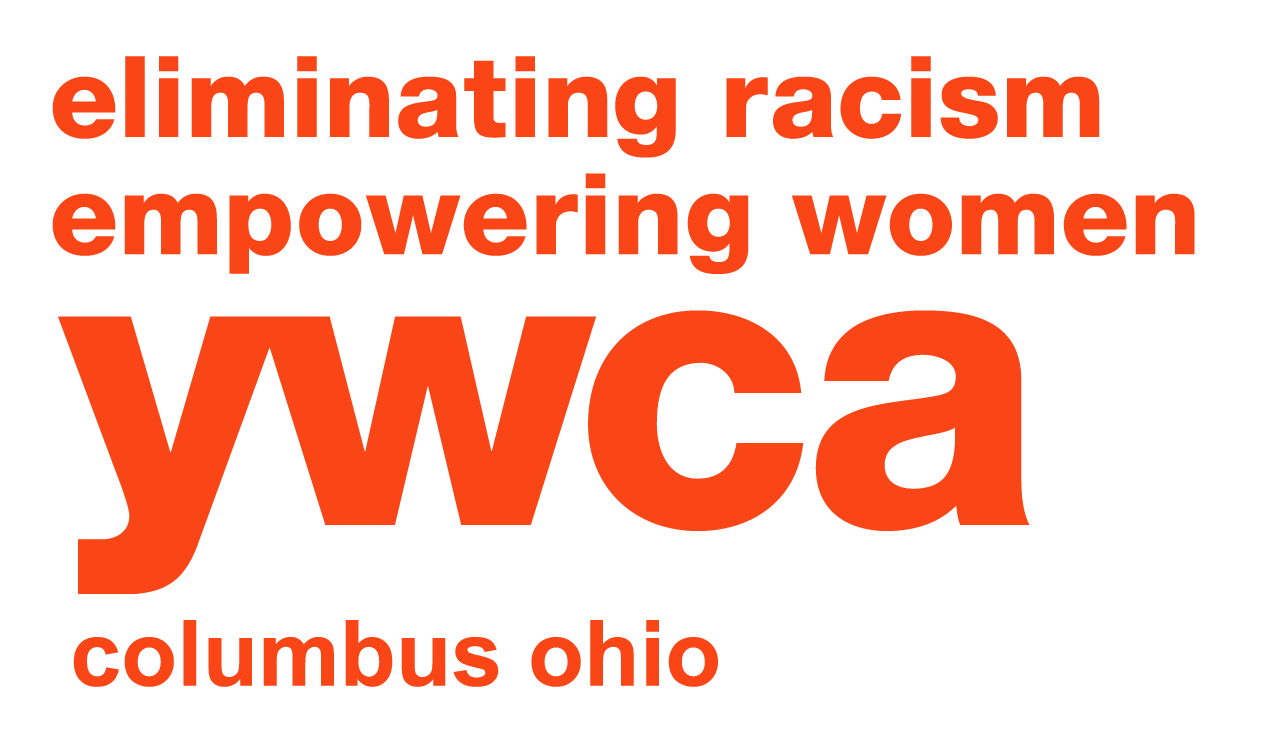Empowering Women
History demonstrates that the cisgender heteropatriarchy has relegated women to second-class citizenship in a world designed to privilege and preserve the power of white cisgender men over every other demographic. Further, capitalism and patriarchy are mutually reinforcing. They combine to perpetuate an economy dependent on unpaid or devalued domestic labor, performed in majority by women. This subordination of women as a class reverberates through all women’s issues – from access to wealth to the lack of healthcare, to political representation and decision-making in governance. YWCA Columbus recognizes that gender is expansive; where women experience misogyny-based oppression, transgender women – especially trans women of color – experience compounding discrimination. YWCA Columbus pursues policies that retract sexist and patriarchal norms and ideals against women, and policies that affirm the right to well-being, autonomy, belonging, and build power towards self-governance for all women.
Women face historic and ongoing barriers to financial independence including a persisting wage and wealth gap, and a lack of autonomy over their reproductive healthcare, careers, and futures. The value of labor, how it is distributed, and who benefits from the economy – and who does not – emphasize the intersections of gender, race, and class, in that these structural inequities cannot be overcome without acknowledging, fairly compensating, and redistributing the unpaid labor that bolsters and sustains white cisgender men’s power. Women of color, who face both racism and misogyny at once, are further harmed by overrepresentation in unpaid and underpaid labor – especially migrant domestic workers who face uncertain legal status and limited workplace protections. Specifically, we center the needs and honor the voices of Black women, Indigenous women, and other women of color in our advocacy.
We envision a world where women have freedom: freedom to choose their own futures with control over their reproductive healthcare; freedom to choose the best and most appropriate care systems for those for whom they care; freedom to choose their educational, career, and financial futures; freedom to step into their authentic selves and build political power in their communities. In a liberated future, women will govern themselves, both individually and systemically.
How we believe we will achieve this:
Policies that value women’s unpaid labor, including care work supports such as paid sick leave, paid parental leave for all genders, and legal protections for domestic workers
Policies that champion the autonomy of women in all facets of their lives, including entrepreneurship, career development, living free of abuse, healthcare rights, and more
Access to equitable, culturally sensitive reproductive healthcare, including abortion, for all
The political education and power-building of women as a class
Policy mechanisms that support women’s career and financial development
Wages for all women that allow them to support themselves and their families, independently
Pay equity, closing the gender and racial wealth gaps, access to universal basic income, and ending the benefits cliff
2023-2024 Advocacy Agenda
-

Eliminating Racism
YWCA Columbus pursues policies that would retract systemic racism and affirm the needs and desires of marginalized communities to thrive.
-

Empowering Women
YWCA Columbus pursues policies that retract sexist and patriarchal norms and that affirm women’s rights to autonomy, belonging, and self-governance.
-

Housing Justice
Housing justice means equitable access, prevention of physical and cultural displacement, and continued sustainability of housing equity for all.
-

Youth Development
YWCA Columbus pursues policies that systemically support childcare workers, increase access to safe, holistic, and culturally competent childcare, and promote whole-child wellbeing.
